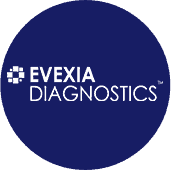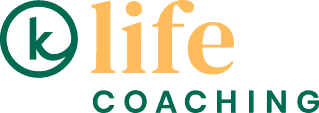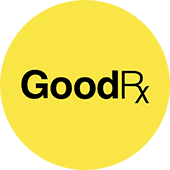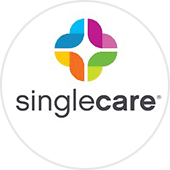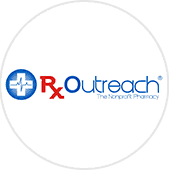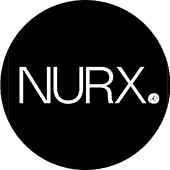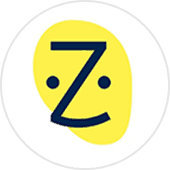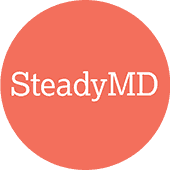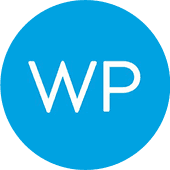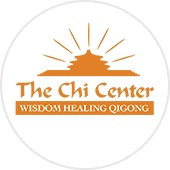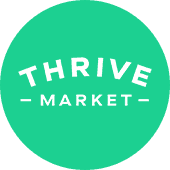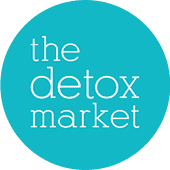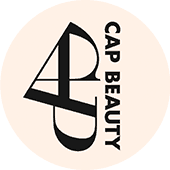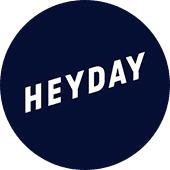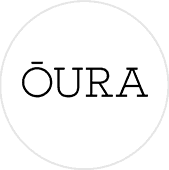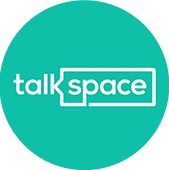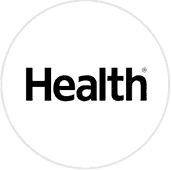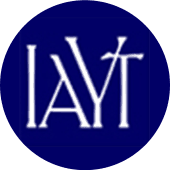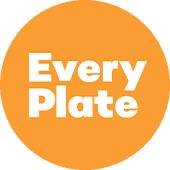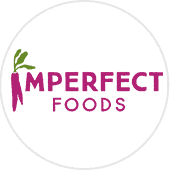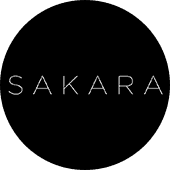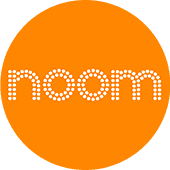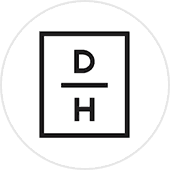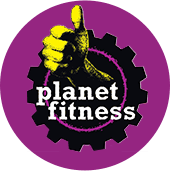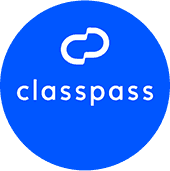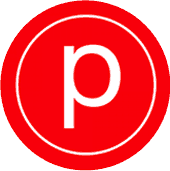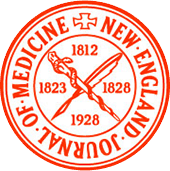As we’ve been preparing for the kNew Vision Tour and putting together the framework for kNew Health Cooperative, we’ve been thinking a lot about why medicine has become so expensive.
After all, just a few years ago health insurance was much more affordable than it is now.
As we’ve been preparing for the kNew Vision Tour and putting together the framework for kNew Health Cooperative, we’ve been thinking a lot about why medicine has become so expensive.
For example, in Arizona government subsidized “silver” health insurance premiums increased 116% from 2016 to 2017 [note]https://www.healthinsurance.org/arizona-state-health-insurance-exchange/[/note]. An increase yet to be felt by many until the insurance subsidies disappear in January 2019.
116% in 1 year!
And that’s just an example of one government subsidized insurance premium increase in one state…yikes.
So, what’s changed?
A lot.
Chronic disease has grown at a rapid rate in the last two decades, and the Affordable Care Act didn’t exactly succeed in making things more affordable for most people.
But bottom line: insurance companies have played a massive role in driving up prices to such astronomical rates.
We talk about this in our eBook: The Top 10 Ways to Save on Healthcare, and how insurance bureaucracy has caused hospitals and other care centers to start incentivizing cash payments to avoid insurance run-arounds.
There’s no denying that cash has become king when it comes to saving money on medicine, especially for those with high-deductible insurance plans.
This is not a bad situation to be in if you’re interested in saving money while taking back control of your healthcare.
Which is exactly what we want to help individuals and communities accomplish with kNew Health Cooperative.
Here are the 3 reasons we believe the use of a cash-based system is crucial to the future of medicine:
#1: You get the lowest price
These days, you typically get the lowest possible price on healthcare treatments and procedures if you pay cash.
And thanks to media exposure on this topic, individuals and doctors are becoming savvy about this.
Which is why you see the rise in new business models like direct primary care practices—where doctors are paid directly by patients for services or membership-based programs; and direct-pay labs—which offer deep discounts on direct-to-patient lab work.
Again, for those with high-deductible insurance plans paying cash will often cost them thousands less than paying into their deductible for the insurance company’s “contracted rate”.
Ultimately, paying the cash price saves everyone the most money.
#2: Doctors prefer cash
As we built our sister company, The Evolution of Medicine, we’ve heard horror stories about doctors barely making ends meet or going out of business because of insurance companies.
Lengthy reimbursement times, withdrawing payments, having to fight for every penny owed—it seems for many doctors taking insurance is no longer good for business.
Which is why many clinics have gone to a cash-based or hybrid system.
This benefits the doctors—because they can spend more time and resources on helping patients, and benefits the patients as it allows doctors to offer better prices for cash-paying patients.
#3: Consumers get to dictate value—not insurance companies
How many times have you been told, or heard about people being told by insurers: “that procedure is not covered” or “that doctor visit was not medically necessary”.
In this scenario, insurance companies dictate value. Even if it means you don’t get the care you need.
In a cash economy you have the power to determine what’s valuable and necessary for you and your family’s health—not the insurance company.
For example, if you knew you’d have to pay $2200 to spend 10 minutes with a doctor who doesn’t offer you a sustainable solution to your health concerns, you’d say: “forget it!”.
Then, you’d seek out a functional medicine doctor who will charge $300-$400 and spend and hour or more with you and provide a custom health plan and root cause resolution.
Cash gives us huge power in dictating the services that offer real value to the people, NOT to the insurance companies.
How this translates to Health Cost Sharing and more affordable medicine for all
At kNew Health Cooperative, our model will harness the power of the cash economy by allowing members to dictate their own care and giving doctors the cash flow they need to do their jobs.
Here’s how it works:
- If you have a medical issue, you’re entrusted to choose your own provider and services based on your knowledge of their quality of care and fees.
- You pay the provider their cash rate, and submit your bill into the bucket for co-op reimbursement.
- The co-op as a whole benefits from your good sense of value and the cash rate, the doctor benefits from getting paid on-the-spot and you benefit by getting reimbursed quickly.
- Everyone gets on with their lives.
Crazy-simple, right? That’s the power of cash and community, and we’ll use it to help you save serious money.
To learn more about how to save money in a cash economy, be sure to download the free eBook: “Top 10 Ways to Save on Healthcare”.
And to learn more about becoming a founding member of kNew Health Cooperative—a non-faith-based cost sharing program set to launch in January 2019, check out knewhealthnow.com or our FAQ page at: knewhealthnow.com/faq
-The kNew Health Team


